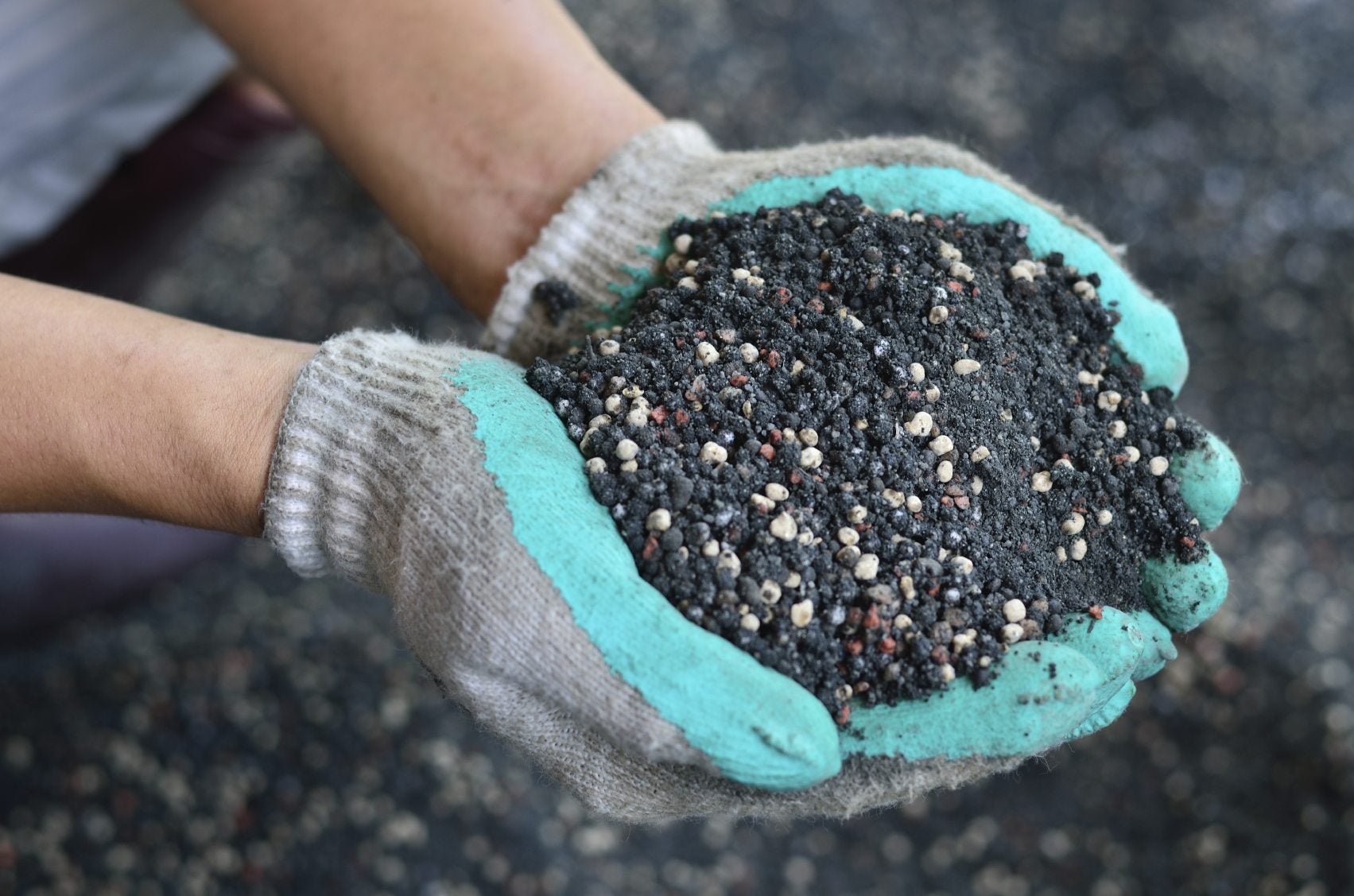Soil Health Information: What Are Macro and Micro Elements In Plants


Macro and micro elements in plants, also called macro and micro nutrients, are essential to healthy growth. They are all found naturally in soil, but if a plant has been growing in the same soil for a while, these nutrients may be depleted. That’s where fertilizer comes in. Keep reading to learn more about common soil nutrients.
Soil Health Information
So the big question is exactly what are macro and micro elements in plants? Macro nutrients are found in large quantities in plants, usually at least 0.1%. Micro nutrients are needed only in trace amounts and are usually counted in parts per million. Both are essential for happy, healthy plants.
What are Macro Nutrients?
Here are the most common macro nutrients found in soil:
- Nitrogen – Nitrogen is crucial to plants. It is found in amino acids, proteins, nucleic acids, and chlorophyll.
- Potassium – Potassium is a positive ion that balances a plant’s negative ions. It also develops reproductive structures.
- Calcium – Calcium is an essential component of a plant’s cell walls that affects its permeability.
- Magnesium – Magnesium is the central element in chlorophyll. It is a positive ion that balances a plant’s negative ions.
- Phosphorus – Phosphorus is essential to nucleic acids, ADP, and ATP. It also regulates root flower growth, cell division, and the formation of protein.
- Sulfur – Sulfur is essential to protein structure and the vitamins thiamine and biotin. It is a coenzyme of vitamin A, which is important for respiration and fatty acid metabolism.
What are Micro Nutrients?
Below you will find some of the most common micro nutrients found in soil:
- Iron – Iron is needed to make chlorophyll and is used in many oxidation/reduction reactions.
- Manganese – Manganese is necessary for photosynthesis, respiration, and nitrogen metabolism.
- Zinc – Zinc helps synthesize proteins and is an essential element of growth control hormones.
- Copper – Copper is used to activate enzymes and is important in respiration and photosynthesis.
Sign up for the Gardening Know How newsletter today and receive a free copy of our e-book "How to Grow Delicious Tomatoes".

The only child of a horticulturist and an English teacher, Liz Baessler was destined to become a gardening editor. She has been with Gardening Know how since 2015, and a Senior Editor since 2020. She holds a BA in English from Brandeis University and an MA in English from the University of Geneva, Switzerland. After years of gardening in containers and community garden plots, she finally has a backyard of her own, which she is systematically filling with vegetables and flowers.